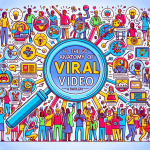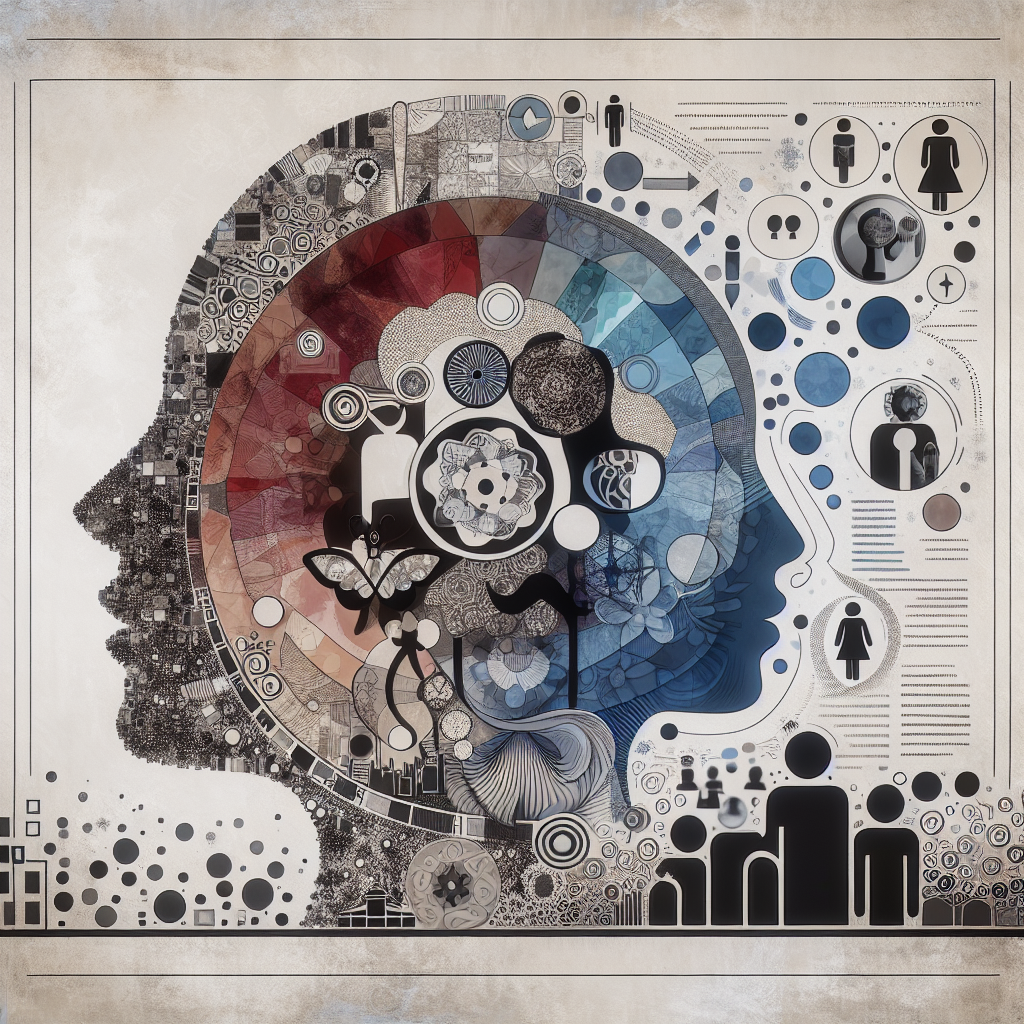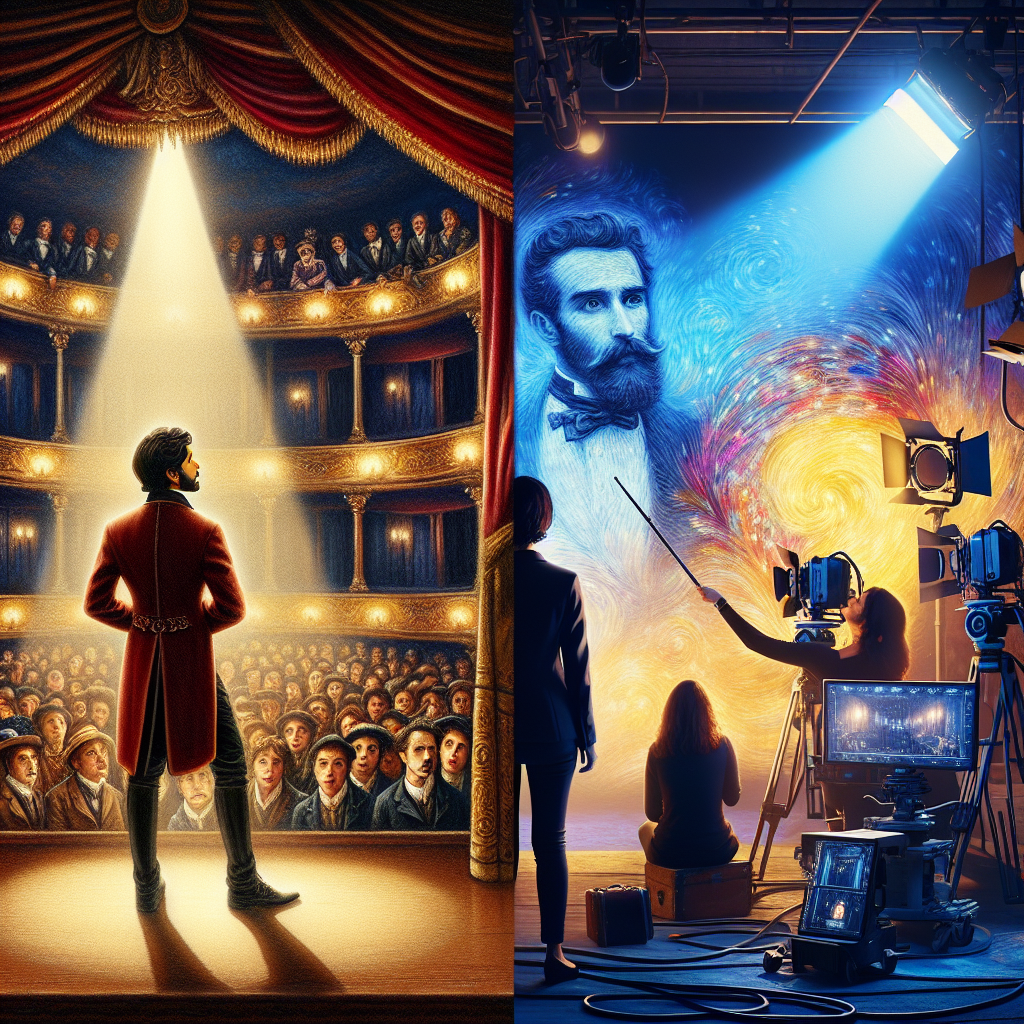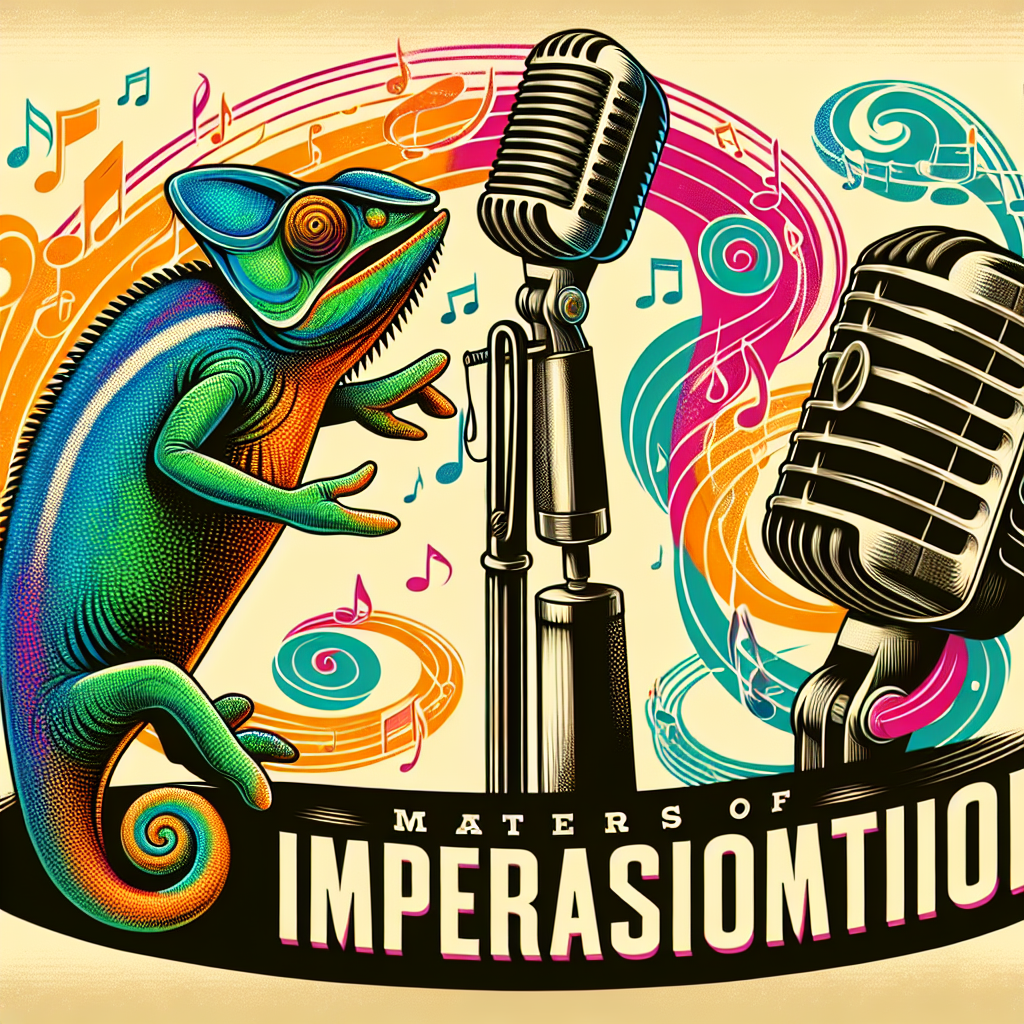The Power of Storytelling in Stand-Up Comedy: Connecting Through Shared Experiences

Table of Contents
- Understanding Storytelling in Humor
- The Role of Narrative Structure
- Emotional Resonance in Comedy
- The Importance of Shared Experiences
- Building Community Through Laughter
- Examples of Shared Storytelling in Comedy
- Techniques for Effective Storytelling in Stand-Up
- Timing and Delivery
- Use of Language and Imagery
- The Role of Authenticity
- The Impact of Storytelling in Stand-Up on Audiences
- Fostering Connection and Empathy
- The Healing Power of Laughter
- The Business of Storytelling in Stand-Up Comedy
- Monetizing Comedic Narratives
- Creating Your Narrative for Marketing
- Engaging with Your Audience
- Conclusion
- External Links
Stand-up comedy transcends mere entertainment; it serves as a powerful medium for storytelling that resonates deeply with audiences. At its core, storytelling in stand-up is not just about eliciting laughter; it’s about forging connections through shared experiences, revealing truths, and exploring the human condition. This article delves into the mechanisms behind storytelling in stand-up comedy, examining how comedians utilize narratives to foster empathy and understanding among diverse audiences.
Understanding Storytelling in Humor
The Role of Narrative Structure
Stories are crafted with a beginning, middle, and end, creating an arc that engages listeners. Stand-up comedians often use this narrative structure to their advantage:
- Beginning: The setup introduces the premise and situates the audience in the comedian’s world.
- Middle: This portion develops the plot, often leading into unexpected twists that capture interest.
- End: The punchline serves as a resolution, tying together the narrative while delivering humor.
Effective comedians manage to weave personal anecdotes into this structure, providing authenticity that enhances relatability.
Emotional Resonance in Comedy
Emotions serve as the bridge between the storyteller and their audience. Stand-up comedians often share personal stories involving joy, sorrow, or embarrassment, creating a tapestry of emotions that resonates with listeners. By invoking strong feelings, comedians can elicit laughter while simultaneously fostering empathy.
The Importance of Shared Experiences
Building Community Through Laughter
Stand-up comedy thrives on shared experiences. Topics ranging from family dynamics to cultural observations create a sense of unity among audience members. For entrepreneurs, understanding the nuances of shared experiences can inspire marketing strategies centered around community building.
Examples of Shared Storytelling in Comedy
Comedians like Michelle Obama and Kevin Hart often draw upon their backgrounds to craft relatable narratives. By addressing themes such as upbringing and societal expectations, they create a dialogue that resonates with varied demographics.
Techniques for Effective Storytelling in Stand-Up
Timing and Delivery
The art of comedy lies not only in the story but also in its delivery. Rhythm, pacing, and pauses can significantly impact a joke’s effectiveness. Comedians often experiment with their delivery to enhance comedic timing. Gags may become funnier when told at breakneck speed, while dramatic pauses can amplify punchlines.
Use of Language and Imagery
A well-told story is often rich in language and imagery. Comedians employ vivid descriptions to paint scenes that allow audiences to visualize the story. For instance, a storyteller describing a chaotic family dinner can evoke laughter by creating a relatable image in the audience’s mind.
The Role of Authenticity
Authenticity is crucial in storytelling. Comedians who share their genuine experiences often connect more profoundly with their audience. This connection nurtures a space of understanding, inviting listeners to share their feelings and reflect on their experiences.
The Impact of Storytelling in Stand-Up on Audiences
Fostering Connection and Empathy
Effective storytelling in stand-up comedy fosters an environment of connection and empathy. Comedians like Ali Wong and Trevor Noah share personal anecdotes that resonate with universal themes, such as parenthood and identity. By sharing vulnerabilities, they allow audiences to see fragments of their own lives within the narrative.
The Healing Power of Laughter
Humor serves as a coping mechanism for many, allowing audiences to address uncomfortable topics in a lighthearted manner. Comedians often tackle subjects like mental health, societal norms, and relationships, providing a vital space for dialogue and exploration.
The Business of Storytelling in Stand-Up Comedy
Monetizing Comedic Narratives
For entrepreneurs and small business owners, understanding the monetization of storytelling in comedy can unveil new avenues. Successful comedians often translate their stand-up narratives into books, podcasts, or television shows, expanding their reach and revenue potential.
Creating Your Narrative for Marketing
Businesses can learn from comedians by infusing narrative elements into their marketing strategies. A compelling brand story can emotionally engage customers, creating lifelong advocates. For insight into effective brand storytelling, consider exploring various marketing strategies here.
Engaging with Your Audience
Comedians often interact with their audience to gather insights and feedback. This direct engagement provides comedic material while also creating community. Entrepreneurs can adopt similar strategies through social media or in-person events to align more closely with their customers’ desires.
Conclusion
The power of storytelling in stand-up comedy is multifaceted, interweaving humor, experience, and emotion. By exploring shared experiences, comedians foster connection and empathy, creating a communal atmosphere where laughter reigns. For entrepreneurs and marketers, understanding these dynamics opens doors to more profound customer relationships and effective brand narratives.
As comedians continue to harness the power of storytelling, we can anticipate a landscape enriched with diverse voices, pivotal narratives, and the unifying force of humor. Whether through laughter or learning, the shared experiences conveyed in stand-up comedy remind us of our shared humanity and the universal desire for connection.
Remember, the next time you engage with comedy, take note of the storytelling techniques at play, and consider how they can inspire your own narrative journeys.
External Links
- The Science Behind Laughter and Humor – National Center for Biotechnology Information.
- The Art of Stand-Up: How Comedians Craft Their Comedy – Harvard Business Review.
Feel free to explore more articles related to branding and storytelling strategies at Serached Click.
Latest Posts
You Might Also Like

Lorem ipsum dolor sit amet, consectetur adipiscing elit. Ut elit tellus, luctus nec ullamcorper mattis, pulvinar dapibus leo.
TOP NEWS
Copyright © 2025 FunnyShowStreaming.site | All rights reserved.



















Comments are off for this post.